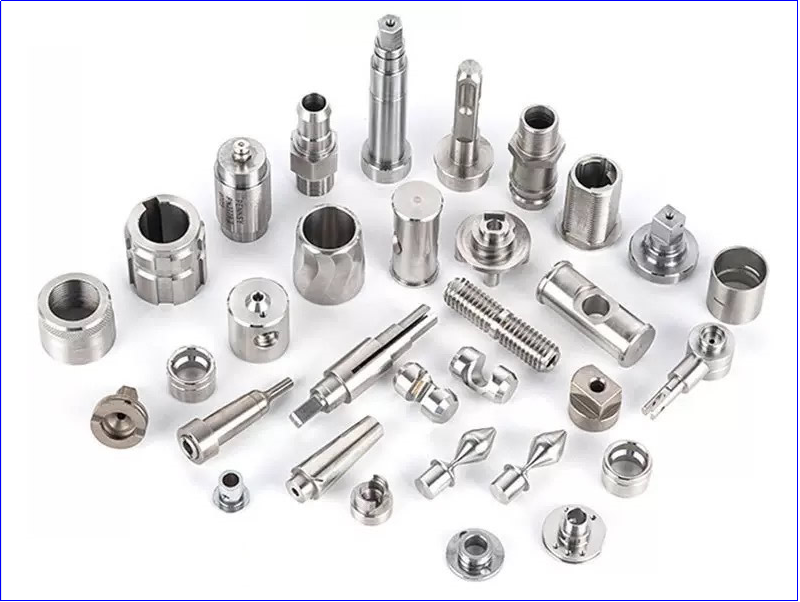Something you should know about CNC Precision Machining
2025-08-29
CNC machining is widely used in industries ranging from aerospace to automotive, and there are many different types of machines capable of performing this work. CNC precision machining is a process that uses machine tools and computer numerical control (CNC) systems to produce parts to extremely high tolerances. It's an excellent choice for companies that need to produce millions of identical parts, as it's more cost-effective than manual machining.
The basic concept of CNC precision machining is simple: you set up the machine tool and instruct it on its operations by entering commands into the software. Then, you let the machine perform these operations while you remotely monitor its progress. This typically involves placing the object in a fixture or workpiece table at the beginning of each cycle to hold it stationary during the cutting operation. Once all cutting operations are complete, the part is ejected from the machine tool and ready for inspection or final finishing (such as plating or painting).
The advantages of CNC precision machining components include:
High precision, accuracy, and repeatability:
If there are any discrepancies between your design and the final product, it's almost always due to operator error, not a problem with the machine itself. The machines used for this type of manufacturing are programmed with highly precise instructions for each part, making the manufacturing process virtually error-free.
Reliability:
By running your production line with computer-controlled machines (rather than humans), you'll reduce downtime due to breakdowns or equipment failures—meaning less time and money lost repairing broken machines! Plus, since there are fewer moving parts, there's less maintenance required!

What are the tolerances for precision machining?
Tolerance defines the acceptable range of variation in a dimension. When choosing a precision machining process, tolerance is one of the most important considerations. It's typically expressed as a percentage of the dimension, so a part might have a tolerance of ±0.1 mm. Tolerances depend on the accuracy and size of the cnc precision machined parts, but they also vary depending on your confidence in your measuring instruments.
The best way to express the tolerances you need to allow is with a tolerance chart—these charts list all possible dimensions for a specific part size and show their allowable deviations based on those dimensions, material type/thickness, and so on. This way, you can understand the tolerance ranges you can expect for various materials within the capabilities of your manufacturing equipment.
CNC precision machining offers many advantages, including accuracy and efficiency.
CNC precision manufacturing is a process that uses computers to control the movement of machine tools to produce complex geometries.
Summary
Compared to traditional methods like handcrafting or casting, this manufacturing method can help manufacturers reduce material waste and labor costs, thereby saving on production costs. CNC milling also offers more precise control over part shape than traditional machining techniques because it uses computer programming commands rather than manual labor. CNC precision machining is an efficient and accurate method for manufacturing products. It is used in many industries, including aerospace, automotive, medical devices, and electronics.



